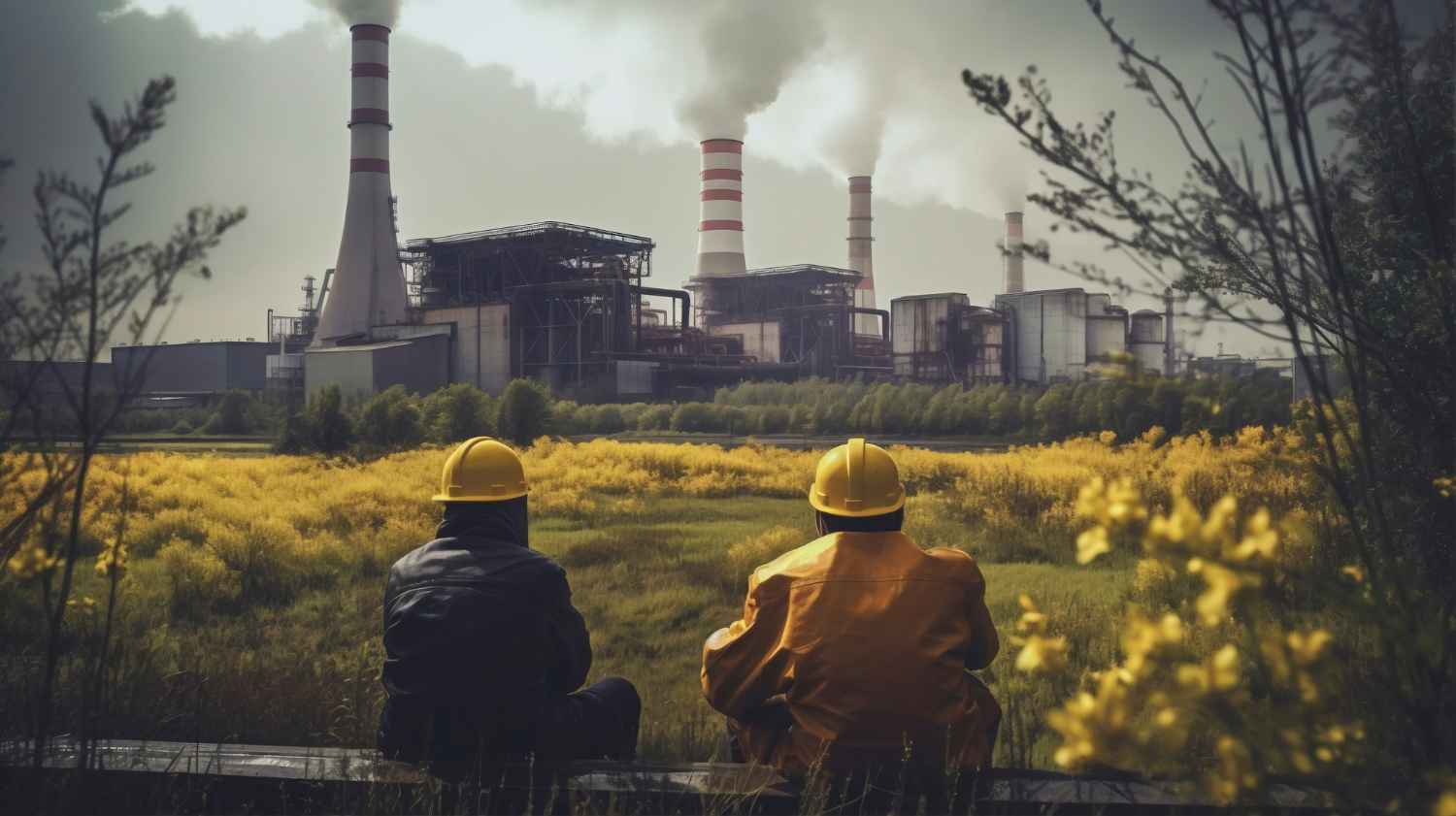Right now, so many steps are being taken globally to protect the environment. Taking these steps ensures contribution at every level: individual, social, national and global.
Carbon offsetting is one of the useful initiatives by which individuals and organisations can play their part in protecting our delicate environment. In this blog, we will understand what carbon offsetting is and how it’s useful. Also, we will get to know some very important questions related to it. Let’s begin:
What is Carbon Offsetting?
It is a tool or a way to compensate for the greenhouse gas emissions produced due to your energy consumption. You can do so by purchasing certified carbon offsets that will later be invested in eco-friendly projects to compensate for the emissions produced equally.
How Does It Work?
It works with your little extra investment whenever you buy fuel like kerosene oil, heating oil, red diesel or white diesel for yourself. The additional amount you pay is invested in projects that save the environment. These projects can be like
- Building of a solar farm in the replacement of a coal farm.
- Promoting reforestation or afforestation.
- Removing methane from the landfills.
Will I Need to Modify My Fuel to Benefit from Carbon Offsetting?
No, you do not have to modify your fuel. You have to pay a little extra every time you buy fuel so that this extra amount of your carbon offsets can be used in some useful projects for the safety of the environment.
What is the Legal Status of Carbon Offsetting?
Carbon offsetting is a legitimate and reliable solution to compensate for fuel emissions. All the businesses offering carbon offset credits must be certified by the local and international regulatory bodies:
- CDM (United Nations Climate Change Carbon Mechanism)
- CCBA (The Climate, Community and Biodiversity Alliance)
- Gold Standard
- VCS (Verified Carbon Standard)
Is Carbon Offsetting a Reliable Solution to Climate Change?
Although it compensates for our carbon footprints, it is not a permanent solution. Actual environmental protection involves taking green measures in every possible way for a healthy environment.
What Does It Mean by “Project Types”?
Project “type” means any technology that can help positively affect the environment.
What Kind of Projects are Recommended for Carbon Offsetting?
Generally, two types of projects can be considered under carbon offsetting.
- Avoidance offset projects
- Carbon removal offsets projects
Avoidance of projects comprises taking steps to prevent or limit the emission of greenhouse gases. For example, you take the initiative to protect a forest, biodiversity, ecosystems, etc.
Contrarily, carbon removal offsets projects that involve funding technological solutions to nullify carbon impact and preserve the environment.
Is Carbon Offset Tax Deductible?
No, there is no such thing regarding the purchase of carbon offset, as it’s a “purchase”, not a donation.
What Are Greenhouse Gases?
Greenhouse gases refer to all natural elements and man-made gases that are produced as a result of combustion reactions. These gases build a cover in the atmosphere, trap sun rays, and raise the temperature accumulatively. These gases include oxides of carbon, nitrogen, perfluorocarbons, hydrofluorocarbons, and methane.
What Does It Mean by Carbon Dioxide Equivalent?
The carbon dioxide equivalent measures the global warming potential of all types of greenhouse gases compared to carbon dioxide. It is abbreviated by CO2-e or CO2-eq.
Is Carbon Offsetting Destined to Only Compensate for the Emissions of Carbon Dioxide?
All the fuels have their carbon dioxide equivalent factor, which is a parameter for measuring carbon offsets. In other words, carbon offsetting can be related to all the fuels’ global warming effects.
What is a Carbon Footprint?
Carbon footprint is defined as the sum of all the carbon produced by a person or a business, either directly or indirectly.
What is the Difference Between Carbon Neutral and Carbon Zero?
Carbon neutral means that a person or organisation is offsetting all carbon emissions with a net result as neutral, whereas carbon zero represents very minute carbon emissions by a body that are almost zero.
What is the Cost of Carbon Offsetting?
The cost of carbon offsetting depends on the type of fuel you need and the amount of emissions that you intend to offset. Discuss with your fuel supplier for more details.









